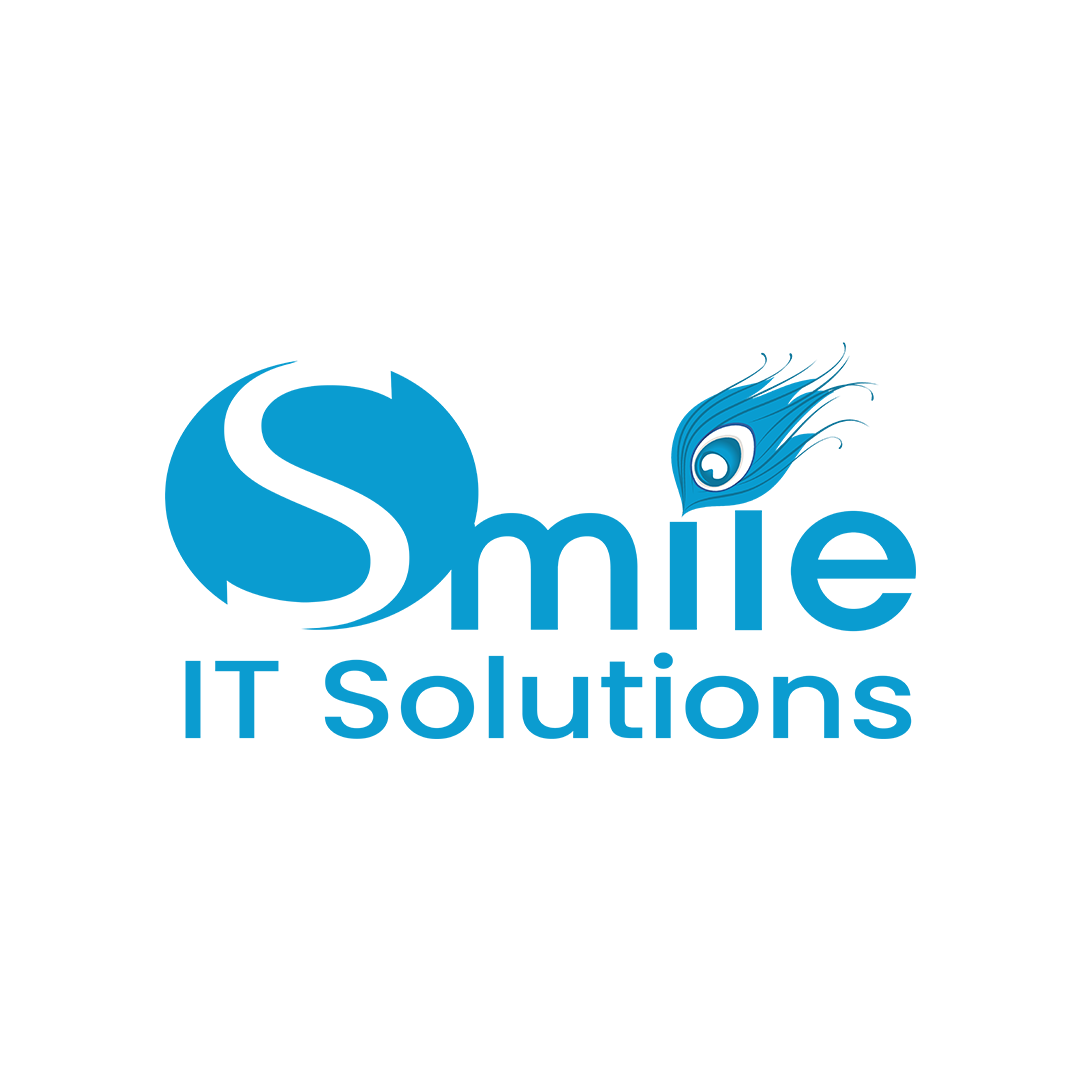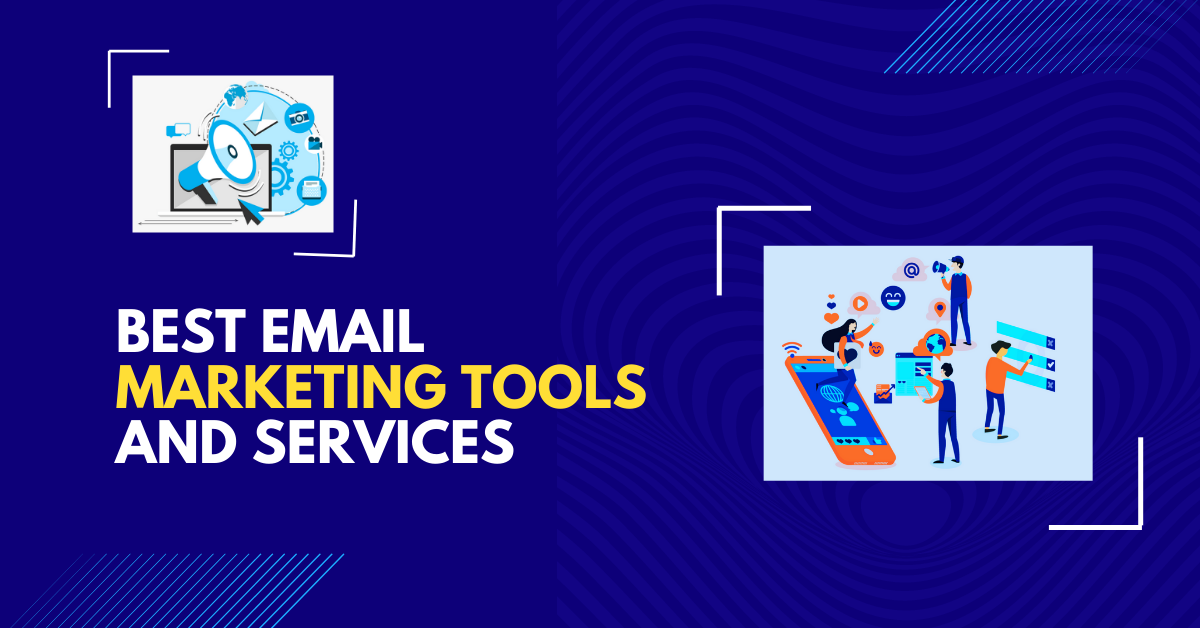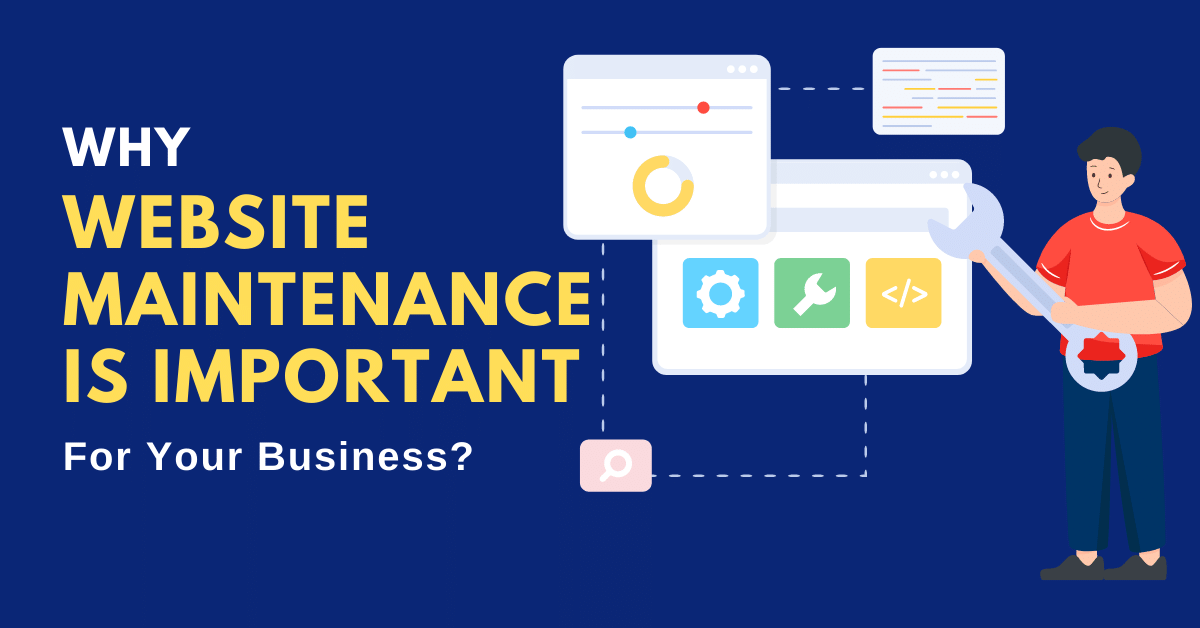
What is Enterprise Resource Planning (ERP):
ERP or Enterprise Resource Planning refers to software and systems used to plan and manage all the day-to-day business activities like core supply chain, manufacturing, financial and other processes within an organization.
Enterprise Resource Planning software can be used to automate and simplify individual activities across a business or organization, such as project management, customer relationship management, risk management, compliance and supply chain operations, accounting and procurement etc.
Each application or ERP module typically focuses on a specific business area. Organizations or businesses can combine different modules in accordance with their requirements. Some on the most popular start points include finance, human resources, sales, and logistics. There are also modules specific to industries ranging from manufacturing to retail.
Individual ERP applications can offer software as a service (SaaS), while a complete suite of ERP applications forms an ERP system that can be used to effectively communicate and bring together business processes to enable a flow of data between the applications, typically through common databases either on-site, on premise or in the cloud.
ERPs are known to effectively connect every aspect of an enterprise. An ERP software system is also known as an ERP suite which is made up of different enterprise resource planning applications that communicate with each other and share a common database. A complete ERP suite also includes Enterprise Performance Management, a software that aids planning, analyzing or reporting an organization’s financial results.
How Does an ERP System Work?
Every business works on some fundamental principles and ideologies but the most important of all is the ‘maximum utilization of resources’, which means the optimum deployment of the resources available within an organization. ERP is a boon that helps to serve organizations this purpose and that too in a highly systematized manner. It does so by managing and improving how company resources are utilized. ERP systems help us in improving or reducing the number of resources necessary to be deployed within an organization, without compromising on quality and performance thereby effectively boosting business growth and profitability.
ERP systems cover all aspects of a business’s operations and bring on table:
- An integrated system
- Common database
- Real-time operation
- Support for all applications and components
- Common user interface across application and components
- On-premise, cloud hosted, or SaaS deployment
ERP software has the ability to collect and compare metrics across departments and provide numerous different reports based on roles or specific user preferences. The data collected makes finding and reporting on data faster and gives a complete view of business performance with complete insights on how effectively or ineffectively the resources are being spent.
ERP offers a combined database and helps synchronizing the reporting within an organization thereby reducing the need to maintain separate databases which are then manually merged to generate important reports as this can be quite cumbersome, time-consuming and weary.
This combined data collection and reporting gives valuable insight, regarding several important organizational decisions like where the cost-cutting can be done, where the resources are not being properly utilized and other such decisions in order to streamline the operations, minimize the wastage of resources and maximize the profitability of a business.
There are several different ERP systems available today that range greatly depending on the size, function, and needs of an organization. Types of ERP systems can be segregated on various basis but mainly there are three types of ERP Systems that function with different deployment model functions:
On-Premise ERP Software:
As the name only suggests, it is implemented onsite and maintained within an organization, hosted on their own systems and servers on full control, support and ownership of the entire system once implemented.
Cloud –Based ERP Software:
It is also known as Software as a Service –SaaS, and is a service that allows users to access ERP Software over the internet. It provides access to full-function applications at a reasonable price without a considerable expenditure for both hardware and software.
Hybrid ERP Software:
It is also called as a tier-two model due to the bimodal capabilities of an on-premise ERP and a cloud based ERP. It can integrate several software systems quite quickly and easily like Sales, CRM and Accounting etc. These models offer ERP users the flexibility to migrate between delivery models, or integrate benefits not available in the existing implementation.
Enterprise Resource Planning (ERP) software is used across a wide array of industries. The significance of ERP revolves around what it can do for a particular business. ERP manages a number of business functions through automating and streamlining everyday operations. It creates a finer and more accurate modus operandi and provides a full circle view into the nitty gritty of a business. With the software, businesses are able to improve both user efficiency and productivity, becoming agile which in turn improves customer service as well. Using an ERP Software, a business can reap numerous benefits like:
Precise Forecasting:
An ERP software provides its users, and especially managers, the tools they need for a precise and more accurate business forecasting. This enables organizations, and businesses as a whole, think ahead and systematically plan what they need from inventory, sales, logistics & supply chain down to finance and customer support. Businesses can effectively decrease business costs, with a more precise forecasting, which in turn saves money. Since the information within ERP is as accurate and real-time as possible, businesses can make realistic estimations and more actual forecasts.
Data Reliability:
ERP Software, if implemented in the cloud, provides real-time, dependable data accessible from various locations and through multiple devices including tablets and smartphones improving data accuracy and consistency. This builds accuracy and mitigates the risk of errors.
ERP user data can also have additional security through firewalls and built-in protection resources. This pacifies the risk of information leakage and misuse of information by wrong people. Both accuracy and security are key with a custom-built ERP software made to suit a particular business. Keen to learn more? Several ERP solution providers and experts are ready and willing to answer all your questions and help you get started on selecting the best ERP solutions for your business. Visit for more.
Integrated Database:
Integrated database is the key to success in every domain. ERP enhances the business insight of an organization by offering them one single source of aggregated and reliable real time data. An ERP software acts as a central hub for all of the important information that a business and the departments within it need to sustain daily business practices and operations. No more issues with cluttered databases; all information is centralized and easy to access and utilize.
Systematized Reporting:
ERP software enables easier and more systematized reporting within a business organization. Improved reporting capabilities allow businesses to respond to complex data requests more easily improving productivity and completion of even the most complex projects well in time.
Improved Productivity:
ERP software’s automation and streamlining capabilities play a major role in boosting the productivity within an organization. Often times, when some routine business tasks take up much needed time, production can be hindered, which can impact your business and the consequent customer service experience. ERP helps organizations by automating the trite everyday processes, saving users time to work on other time sensitive, pressing projects and tasks that may truly require more of their time and attention.
Superior Coordination:
Every business project, often, involves more than just one department. Coordination between different departments involved in a project, within an organization is vital for a business, ERP tool allows a centralized and consistent database, enabling sharing of information and inter-departmental and intra-departmental collaboration simpler and more effective. ERP system successfully overcomes various communication barriers within an organization thereby resulting in a smooth communication and effective coordination.
Expandable Resource:
A well-structured ERP system allows the addition of new users and functionalities to expand the initially implemented solution over time. No matter how much a business grows, ERP expands with it. Once you choose a right ERP System for your business and make sure that the enterprise solution that you choose is able to grow with your business, all you need to do is just keep flourishing.
Cost Optimization:
An ERP Software solution helps reduce a business’s labor and operating costs. Also it helps building a more coherent supply chain management. Every businessman wants to avoid making costly mistakes that could hurt their business and exhaust their funds. ERP being a source of accurate, real-time information, enterprise resource planning software reduces administrative and operations costs, allows businesses to utilize their funds more effectively in other significant areas. It also helps businesses to proactively identify and manage risks thereby preventing all sorts of disruptions and delays, saving a business’s time, money and efforts.
Quality Supply-Chain Management:
Businesses need to interact with innumerable supplier and partners in order to obtain the raw materials and inventory needed in order to bring finished goods to the market. The integration of ERP and supply chain management allows businesses involved in manufacturing and distribution to attain higher visibility into their various operations while boosting speed, efficiency and overall client/customer satisfaction and alleviating inefficiency as well as reducing wastage through automation of workflow.
Though advantages of ERP software are numerous, it is equally as important to understand the disadvantages of this type of software to make sure ERP is the right system for your business. Let us have a look at some of the most common disadvantages of ERP that companies have reported post implementation:
Sluggish Software Implementation:
The implementation of an ERP software is a time consuming task. Some ERP implementations take even 2-3 years depending upon the scope of the software.
Though Cloud based software solutions are still faster to install, still post implementation, training time is always needed for the smooth and effective utilization of the new software package.
Cost Constraint:
Along with being time taking, implementation of a new ERP Software system is also an expensive proposition, especially if it calls for the need to upgrade a business’s existing hardware system as well. Also, this calls for the need of training from the ERP vendor which might require extra paid sessions as well apart from the complimentary training offered at the time of installation. Moreover, opting for extra modules might require extra cost as well as training.
Slow Data Migration:
When starting with an ERP System for the first time, an organization is supposed to input all their existing data into a new formant which can be highly strenuous and time consuming. More the data, higher the time required for migration. Also, businesses have to make sure no data is lost or duplicated in the process.
Complexity:
Without any doubt, an ERP software is a complex phenomenon and its users require proper support and systematic training in order to be able to use it properly to reap its benefits.
Conclusion:
After having a close look at all the advantages and disadvantages of an ERP software, make sure, you chose the best ERP solutions for your business, and the right vendor too, who meets your needs as well as offers you the required training and continuous support, and you are destined to achieve higher ROI and business growth.














Post Your Comment
Comments